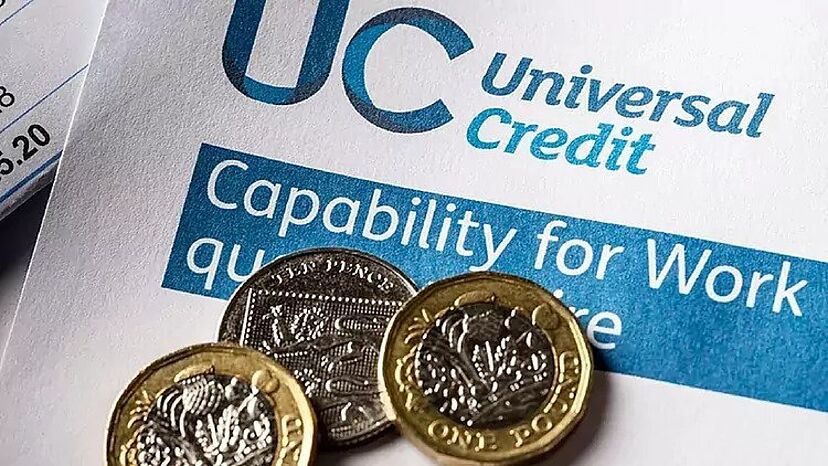In this article, we’ll discuss the Universal Credit changes and what the £578.82 monthly extra payment means for you. Universal Credit is a federal financial assistance program in the UK designed to help lower-income individuals with their cost of living. The government offers these payments to support people with housing costs, raising children, caring responsibilities, disabilities, and more. With rising inflation, changes to Universal Credit are on the horizon. Let’s explore what these changes entail and how they might affect you.
Universal Credit Changes
Universal Credit is a means-tested benefit provided to help UK citizens manage their living costs, especially for those with low incomes, disabilities, or illnesses. The payment is meant to support a range of needs including housing costs, child care, and daily living expenses. In 2023, Universal Credit increased by 10.1% in response to rising inflation and the increasing cost of living.
For 2024, the government has announced a further increase of 6.7% to match the Consumer Price Index inflation. This means that eligible recipients will receive higher monthly payments to help them cope with their living expenses amidst rising prices. The exact amount you receive will depend on various factors such as your income, employment status, and specific needs.
IMPORTANT:
- £81 Boost to Support Disability and Pension Recipients
- Government Change Shakes Up DWP
- DWP Cost of Living Payment 2024/25
- Cost of Living Payment July 2024
What is Universal Credit?
Universal Credit is a monthly payment that helps UK citizens cover their living costs. It is designed for those with low incomes, disabilities, or who are unemployed. The Department for Work and Pensions (DWP) administers these payments, which are currently received by over 20 million people across the UK.
Universal Credit consolidates six different benefits into a single payment to simplify the welfare system. These benefits include Income Support, Jobseeker’s Allowance (JSA), Employment and Support Allowance (ESA), Child Tax Credit, Housing Benefit, and Working Tax Credit.
To qualify for Universal Credit, you must meet certain eligibility criteria:
- Be aged 18 or over but below the State Pension age
- Reside in the UK
- Have a low income or be out of work
- Have savings, investments, or capital worth less than £16,000
In some cases, individuals aged 16 or 17 may also be eligible.
£578.82 Monthly Extra Payment: Is It Coming?
Yes, the £578.82 monthly extra payment is indeed coming. Universal Credit provides different amounts based on your age, living situation, and whether you are single or in a joint claim. Here’s a breakdown of the monthly payments for eligible recipients:
- Single claimants under 25 years old receive £292.11
- Single claimants aged 25 and over receive £368.74
- Joint claimants both under 25 receive £458.51
- Joint claimants aged 25 and over receive £578.82

These payments are designed to help individuals and households manage their living expenses, especially during times of high inflation. In 2024, beneficiaries will see significant changes in Universal Credit, reflecting the ongoing adjustments to match the rising cost of living.
All We Know
The Universal Credit changes are directly linked to inflation rates and the government’s analysis of living costs. The Department for Work and Pensions regularly reviews these factors to adjust the benefit rates accordingly. In 2024, the planned increase of 6.7% means that eligible recipients will see an uplift in their payments, providing much-needed support during challenging economic times.
Beneficiaries receive their payments directly into their bank accounts, ensuring they have access to the funds they need to cover essential living expenses. These adjustments aim to alleviate financial pressures and ensure that low-income individuals and families can maintain a reasonable standard of living.
